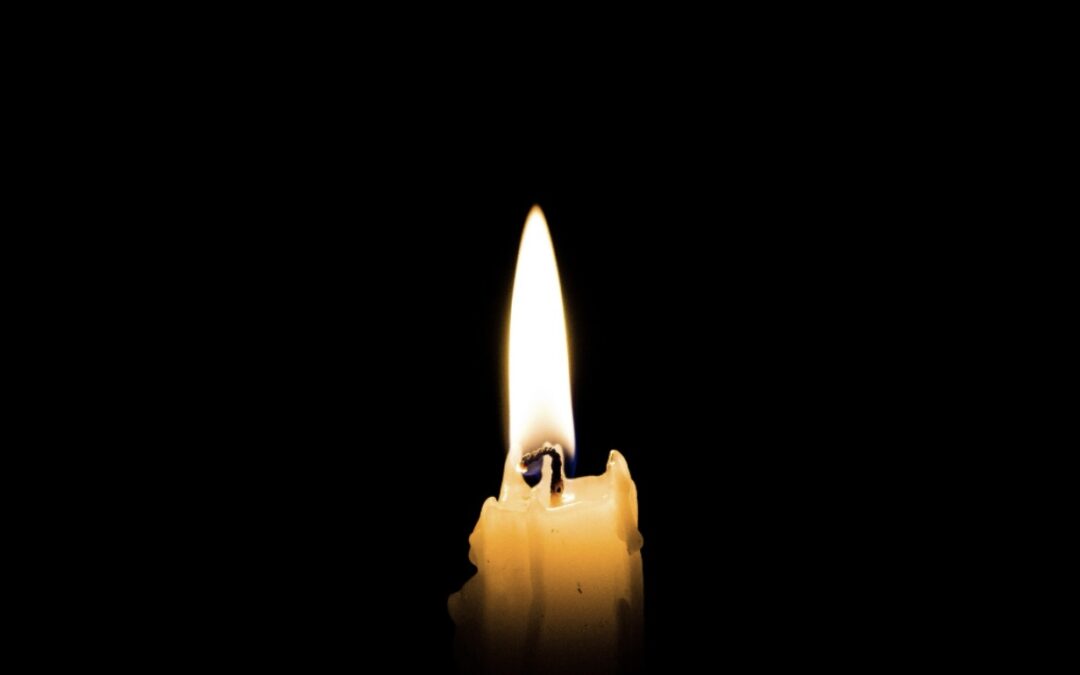No postmortem fate is possible without the notion that some aspect of the person survives death. Aspects of heaven and hell cross all religious traditions. Paradise can be a city, a palace, a court, a garden, a vision of God, a mystical diagram, or an ineffable concept. In Hell, fires, dragons, serpents, stench, cacophony, torturers, and their paraphernalia abound. In “moral death,” reward follows a good life; punishment, an evil one. Moral death has two main varieties, cyclical and linear. In some linear systems, retribution is eternal; in others, destruction awaits the wicked. In the cyclical concept, postmortem pleasure and pain vary over eons as the person awaits promotion or demotion in eventual rebirths.
If faith is the way to heaven, hell begins even before death, when the faithless soul endures isolation and disorientation. Here, hell isn’t just an afterlife punishment but a present-state reality. In theological terms, this could mean a life of spiritual torment that mirrors eternal damnation, starting in the here and now. Thinkers like C.S. Lewis in The Great Divorce have portrayed hell as a self-imposed separation from God, which can manifest during earthly life as emptiness or suffering.
Belief in a higher power, divine purpose, or spiritual truth is essential for salvation or eternal peace. This echoes teachings in many religions, particularly Christianity, where faith (e.g., in God or Jesus) is described as the key to entering heaven. For instance, it’s reminiscent of biblical verses like Hebrews 11:1, which defines faith as “confidence in what we hope for and assurance about what we do not see,” positioning it as a bridge to divine reward.

